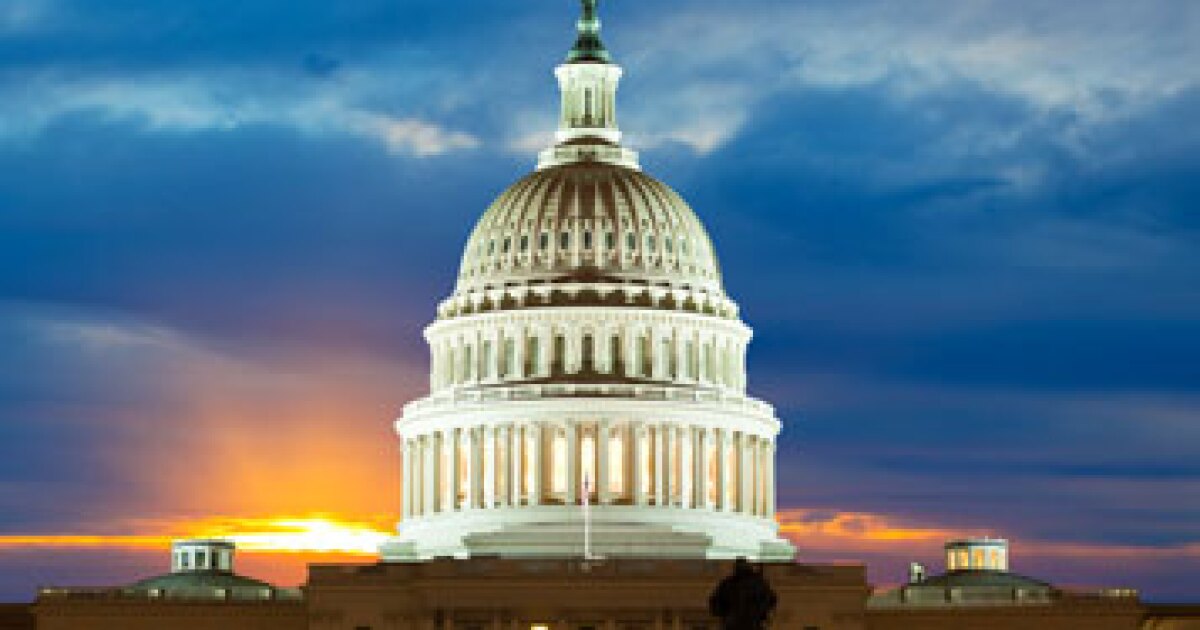
Takeaways:
- Sen. Schiff reintroduced the proposal previously raised in the House
- APCIA official points to other causes for rate increases
- Bill doesn't answer funding and conditions questions, legal expert says
A reintroduced proposal for a federal catastrophic reinsurance program is stalled in the U.S. Senate, as it attracts industry criticism.
The Incorporating National Support for Unprecedented Risks and Emergencies
A statement by Sam Whitfield, senior vice president of federal government relations at APCIA, the insurance industry's trade association, said
According to Whitfield, increased prices are caused by demographic shifts, rising property values, inflation of repair costs, lawsuits against insurers and delayed approvals for rate increases.
Schiff's bill is meant to address California's wildfire-fueled insurance crisis in particular, according to his statement in a press release. "Too many families and small businesses are struggling to keep up with the rising costs of insurance, and steep year-after-year price increases are simply unsustainable," he stated. A federal risk reinsurance pool would lower costs and make insurance coverage more affordable, he added.
Whitfield said the bill forces Americans in low-risk states to subsidize higher risks in other states, including hurricanes, floods, tornadoes and hail.
According to
Byrne pointed to ongoing issues with
"It's just the same playbook that doesn't work. Government should not be in the business of insuring things that the private market can write," Byrne said. "I certainly don't know how you do the economics of that without the input of private industry, because otherwise, you're just competing with them."
Schiff's bills are not the first time a federal catastrophic reinsurance program has been proposed. In January 1999, House Rep. Rick Lazio (R-N.Y.) introduced the



